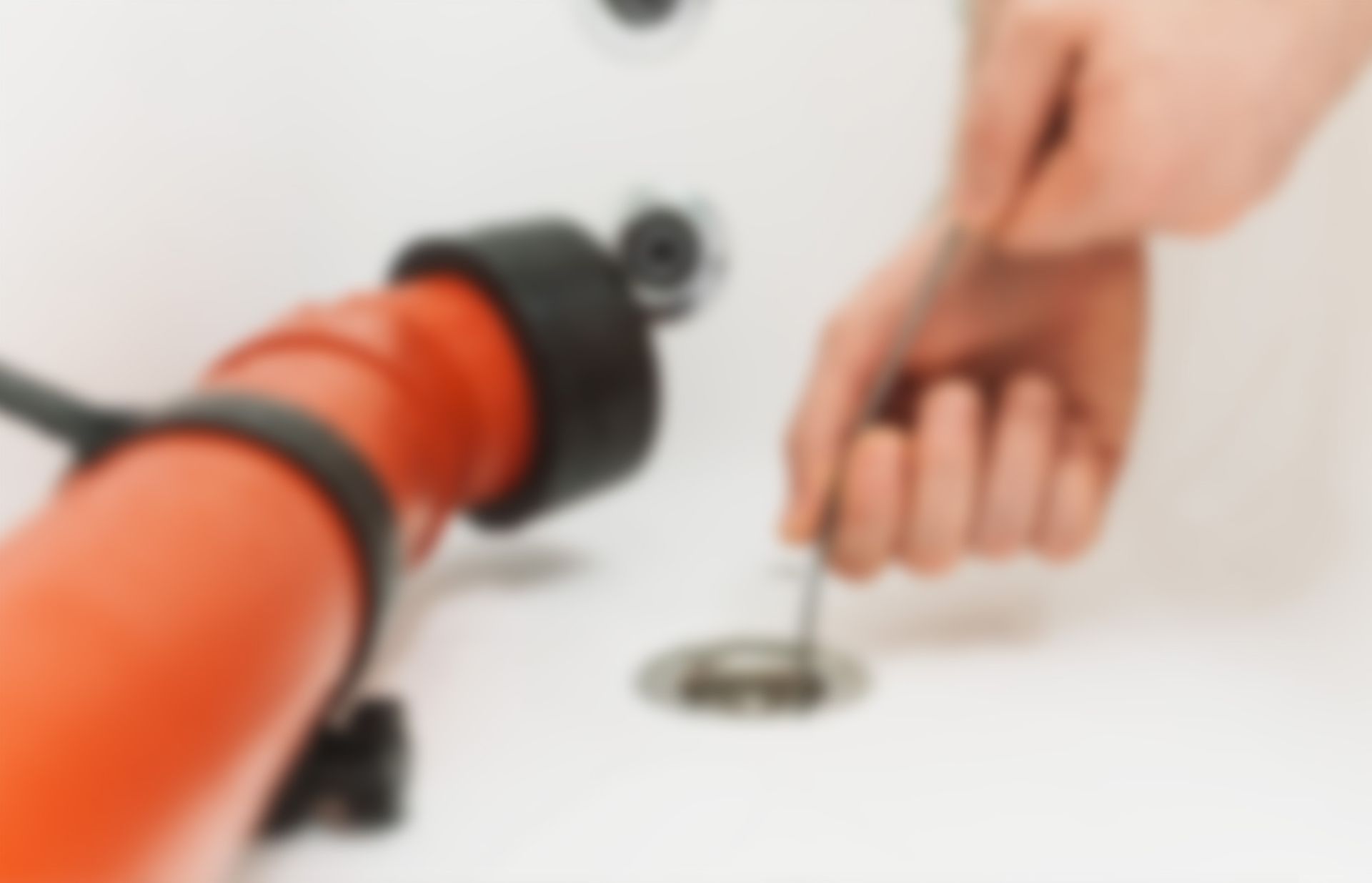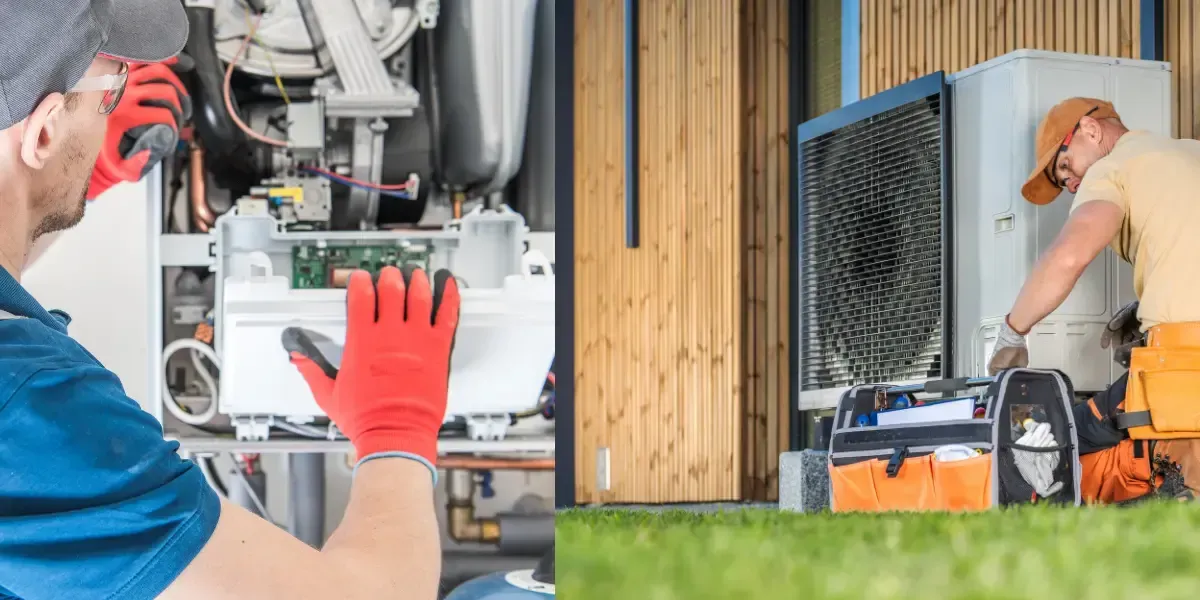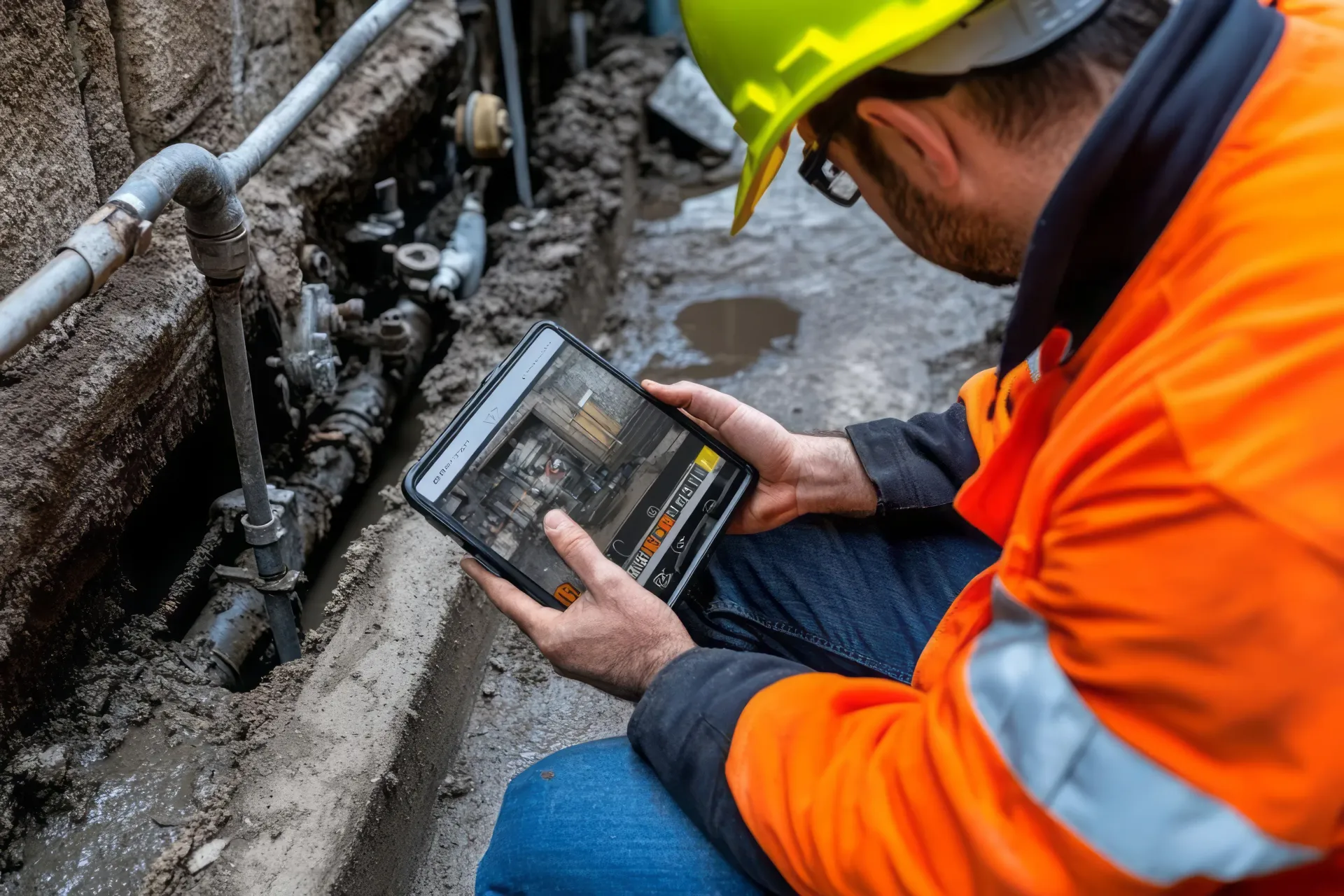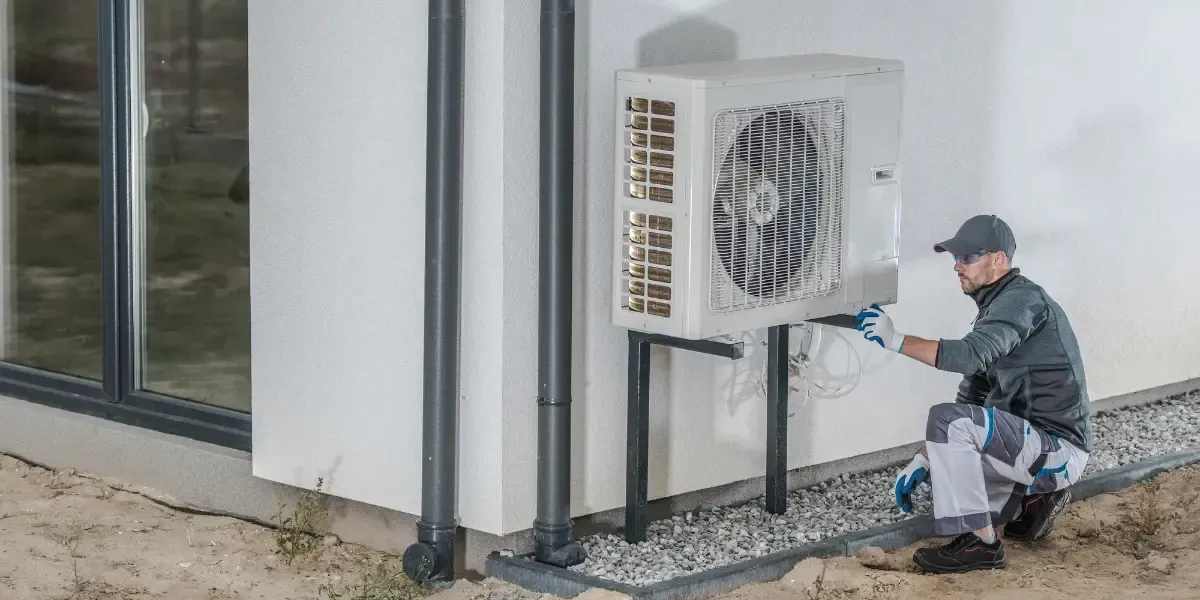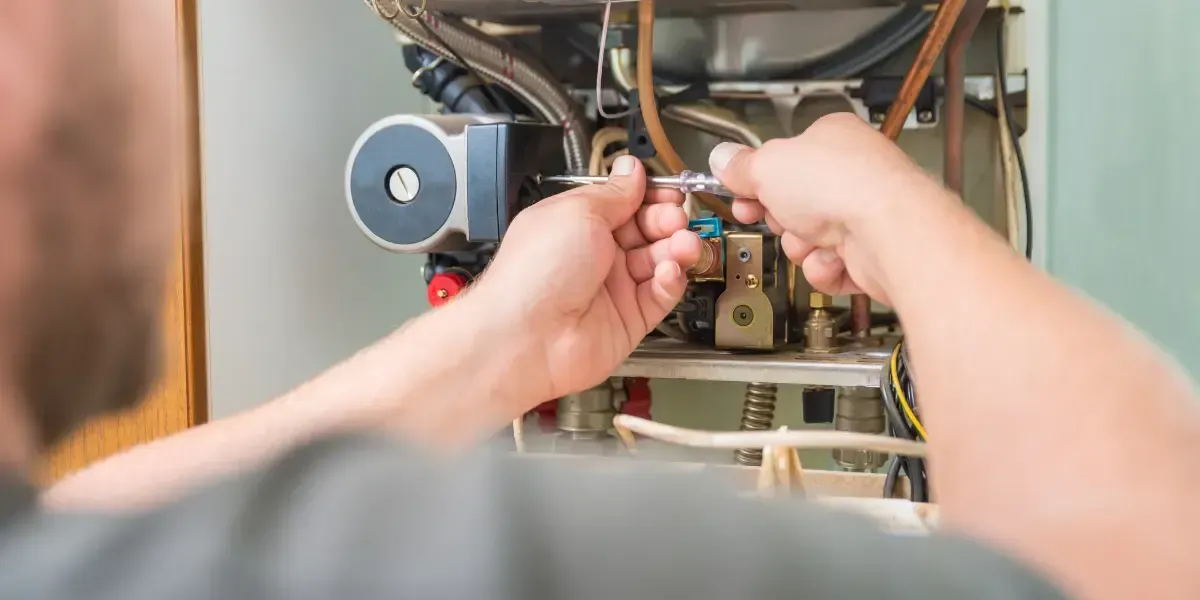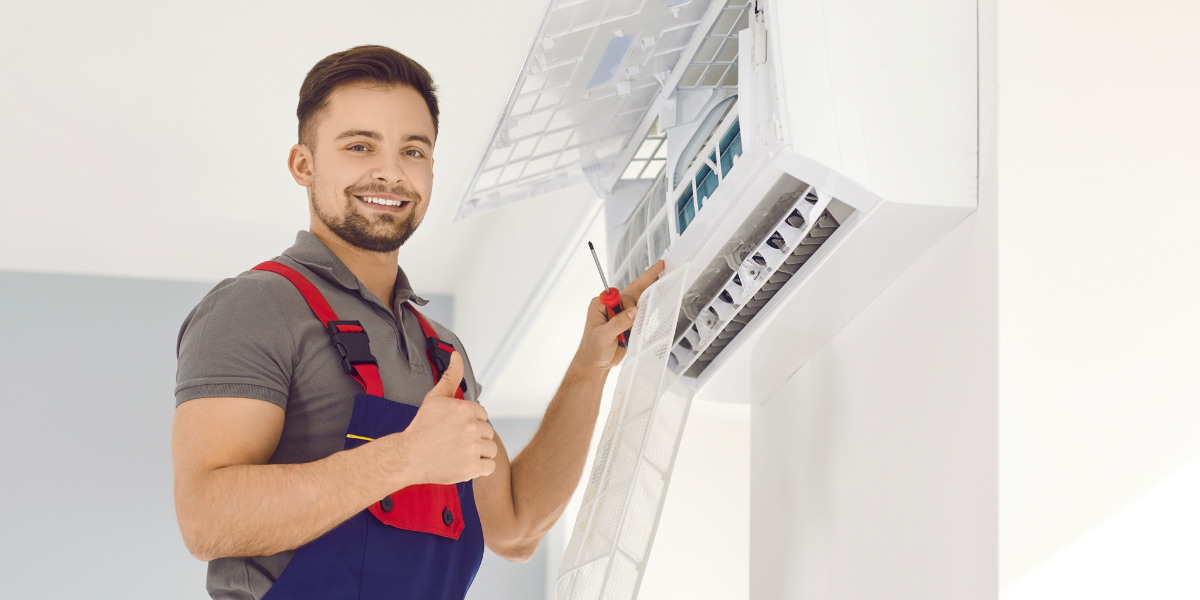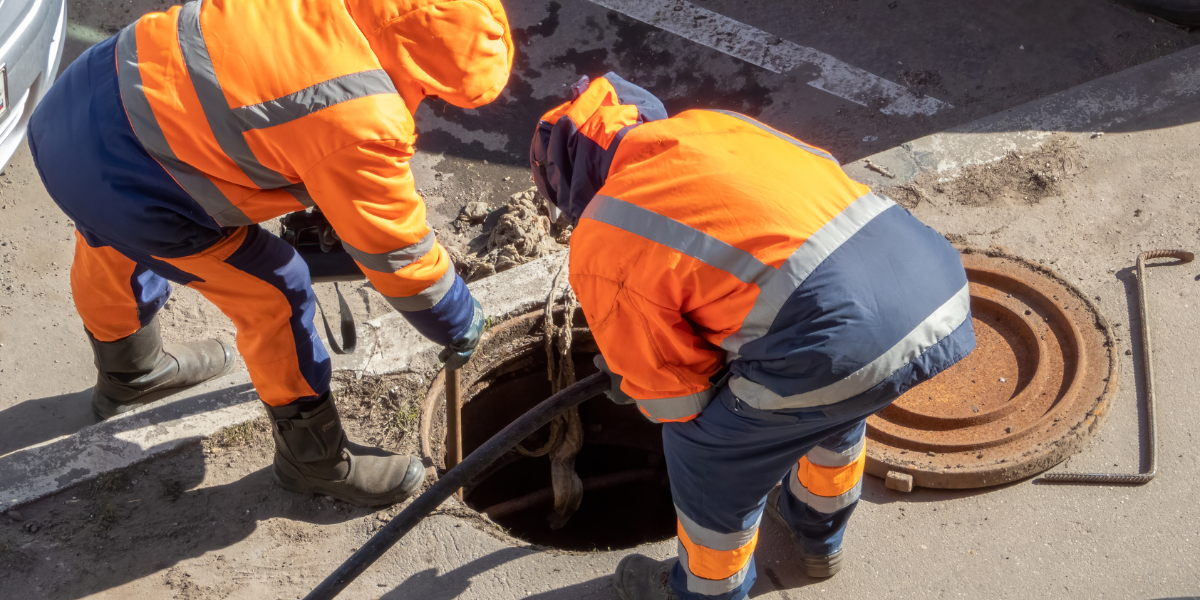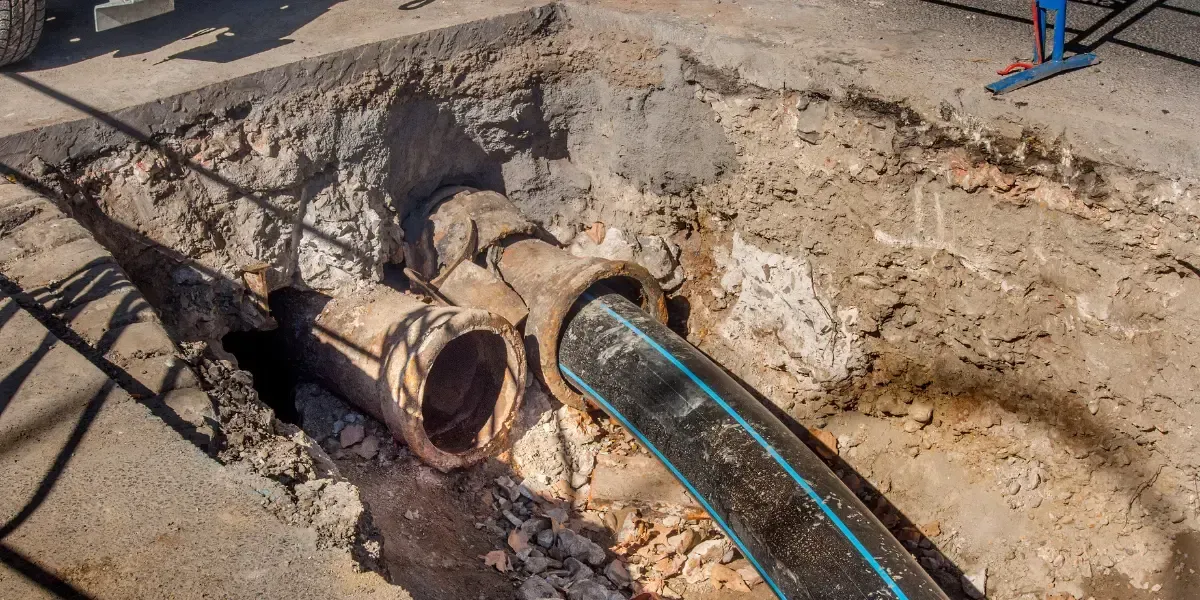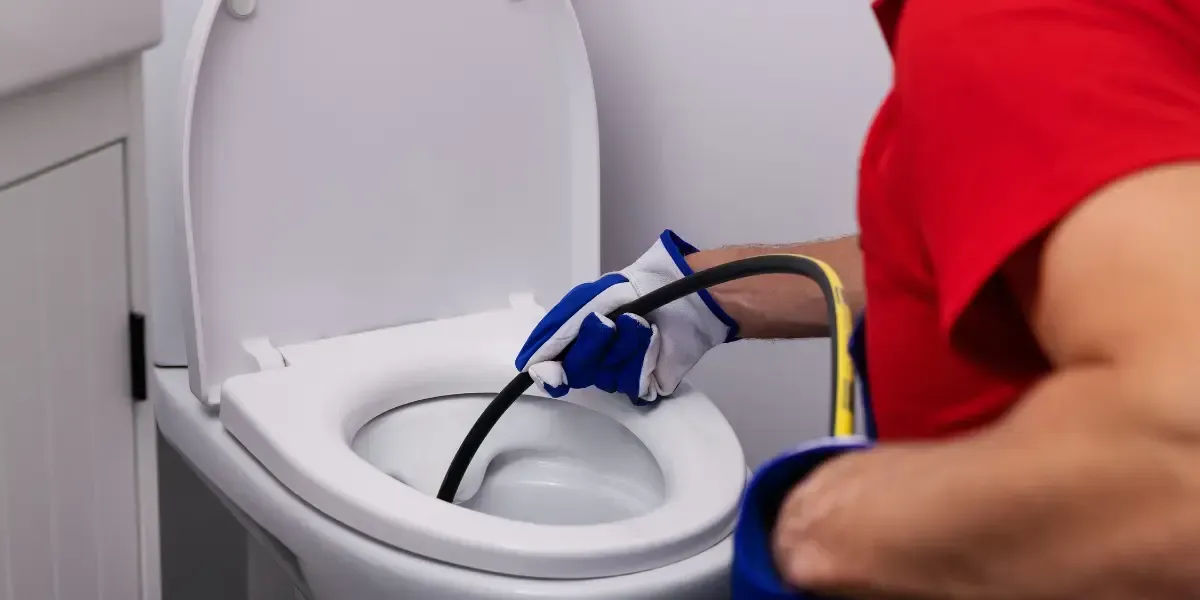Understanding the Difference Between a Furnace & Heat Pump
When it comes to heating your home, two of the most common options are furnaces and heat pumps. While both serve the same fundamental purpose—keeping your home warm during cold months—the way they operate, their efficiency, and their overall benefits differ.
Understanding these differences is crucial when choosing the best heating system for your home. In this guide, we’ll break down the key
differences between furnaces and heat pumps, their pros and cons, and how PDS Plumbing and Air can help you make the right choice for your home.
Key Takeaways
- Furnaces generate heat, while heat pumps transfer heat, making their operating mechanisms entirely different.
- Heat pumps are more energy-efficient in milder climates, whereas furnaces perform better in extreme cold.
- Installation costs for heat pumps can be higher, but they provide both heating and cooling functions.
- Furnaces typically last longer (15-20 years) compared to heat pumps (10-15 years).
- Choosing between the two depends on your climate, budget, and energy efficiency goals.
What Is a Furnace?
A furnace is a traditional heating system that generates heat by burning fuel (natural gas, propane, or oil) or using electricity. It heats air and distributes it throughout your home via ductwork. Furnaces are commonly used in colder climates, where temperatures drop significantly in the winter.
Pros of Furnaces:
- More effective in extremely cold weather
- Lower upfront costs compared to some heat pumps
- Longer lifespan (typically 15-20 years)
- Quick and powerful heating
Cons of Furnaces:
- Higher energy consumption in comparison to heat pumps
- Does not provide cooling, requiring a separate AC unit
- Can have higher emissions if powered by fossil fuels
What Is a Heat Pump?
A heat pump is a versatile system that moves heat rather than generating it. In colder months, it extracts heat from the air or ground outside and transfers it into your home. In warmer months, it works in reverse, removing heat from your home to cool it down. Heat pumps are more energy-efficient than furnaces, making them ideal for mild climates.
Pros of Heat Pumps:
- Energy-efficient, transferring more energy than they consume
- Provides both heating and cooling
- Lower carbon footprint compared to gas furnaces
- Can reduce overall energy costs
Cons of Heat Pumps:
- Less effective in extreme cold (supplemental heating may be needed)
- Higher upfront installation cost
- Requires more maintenance compared to furnaces
Energy Efficiency Comparison
When comparing a furnace and a heat pump, efficiency is a key factor.
- Furnaces have an Annual Fuel Utilization Efficiency (AFUE) rating, with high-efficiency models reaching up to 98% efficiency.
- Heat pumps measure efficiency with the Heating Seasonal Performance Factor (HSPF), with modern units boasting HSPF ratings of 8-10 or higher.
Heat pumps generally use less electricity compared to electric furnaces and are more environmentally friendly, making them a great choice in moderate climates.
Climate Considerations
Your local climate plays a big role in determining whether a furnace or heat pump is right for your home.
- Colder Climates: A furnace is typically the better choice because heat pumps struggle in sub-freezing temperatures.
- Mild to Moderate Climates: Heat pumps are more efficient and cost-effective, providing both heating and cooling in one system.
How PDS Plumbing and Air Can Help You
At PDS Plumbing and Air, we understand that choosing the right heating system for your home can be overwhelming. Our experienced technicians can assess your home’s needs and recommend the best solution tailored to your budget, climate, and efficiency goals.
Why You Should Choose PDS Plumbing and Air
- Expert HVAC Technicians: Our team has years of experience installing, repairing, and maintaining both furnaces and heat pumps.
- Personalized Solutions: We provide customized heating solutions to fit your specific needs and budget.
- Quality Products: We work with top HVAC brands to ensure durability and efficiency.
- Energy-Efficient Upgrades: We offer eco-friendly solutions that help reduce your energy bills.
- Exceptional Customer Service: We prioritize customer satisfaction and provide timely, professional service.
Conclusion
Choosing between a furnace and a heat pump depends on several factors, including climate, budget, energy efficiency, and personal preferences.
Furnaces are powerful and reliable in cold climates, while
heat pumps offer an energy-efficient solution for moderate regions. Consulting with an expert at
PDS Plumbing and Air ensures you get the right system for your home, maximizing comfort and efficiency.
Frequently Asked Questions
Is a heat pump better than a furnace?
It depends on your location and energy preferences. Heat pumps are more energy-efficient in mild climates, while furnaces perform better in extreme cold.
Do heat pumps last as long as furnaces?
No, heat pumps generally last 10-15 years, while furnaces can last 15-20 years with proper maintenance.
Which is more cost-effective in the long run?
Heat pumps can provide long-term savings due to their efficiency, especially if you also need cooling. Furnaces, however, maybe the better option in areas with harsh winters.
Can I replace my furnace with a heat pump?
Yes, but you may need additional modifications to your HVAC system. A professional from PDS Plumbing and Air can assess your home’s compatibility.
Does a heat pump work in freezing temperatures?
While some advanced heat pumps can operate in cold climates, they become less efficient in extreme cold and may require a backup heating source.
